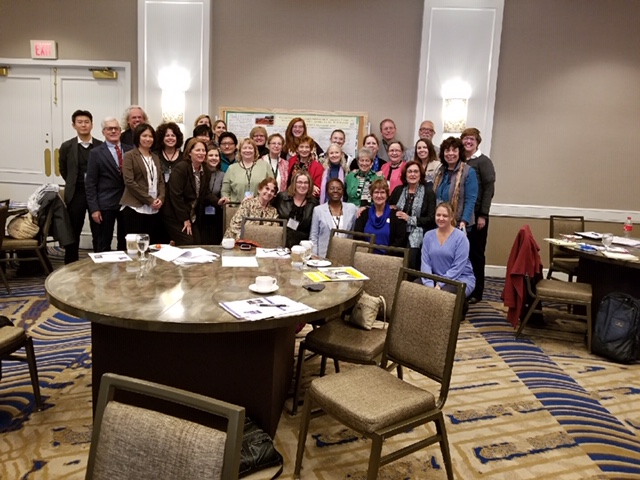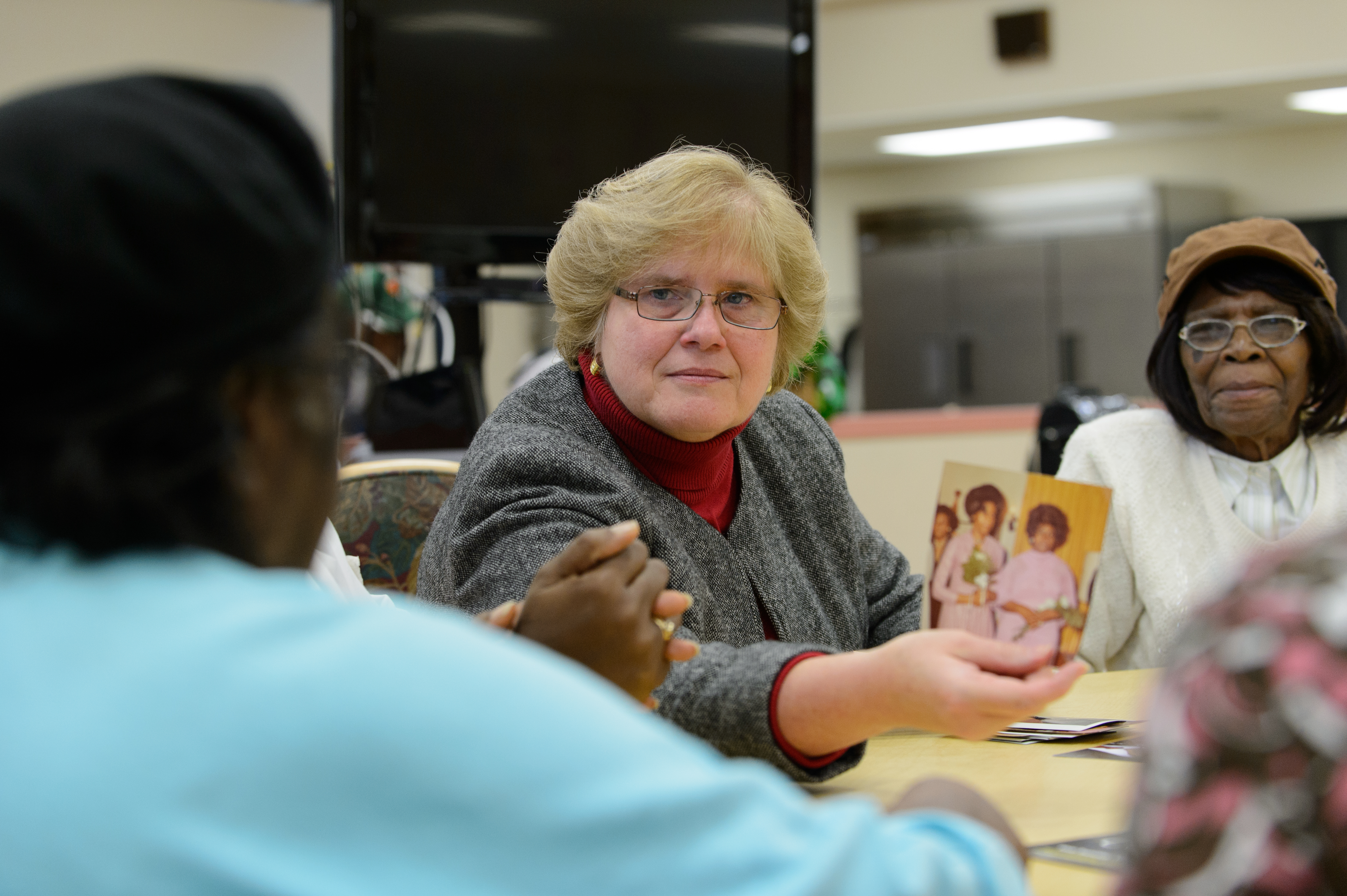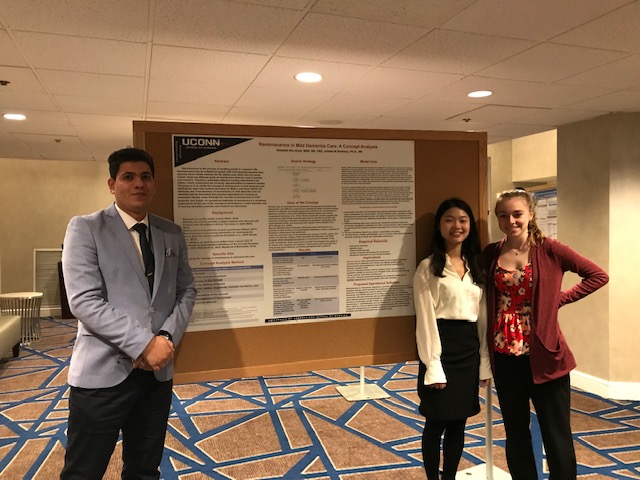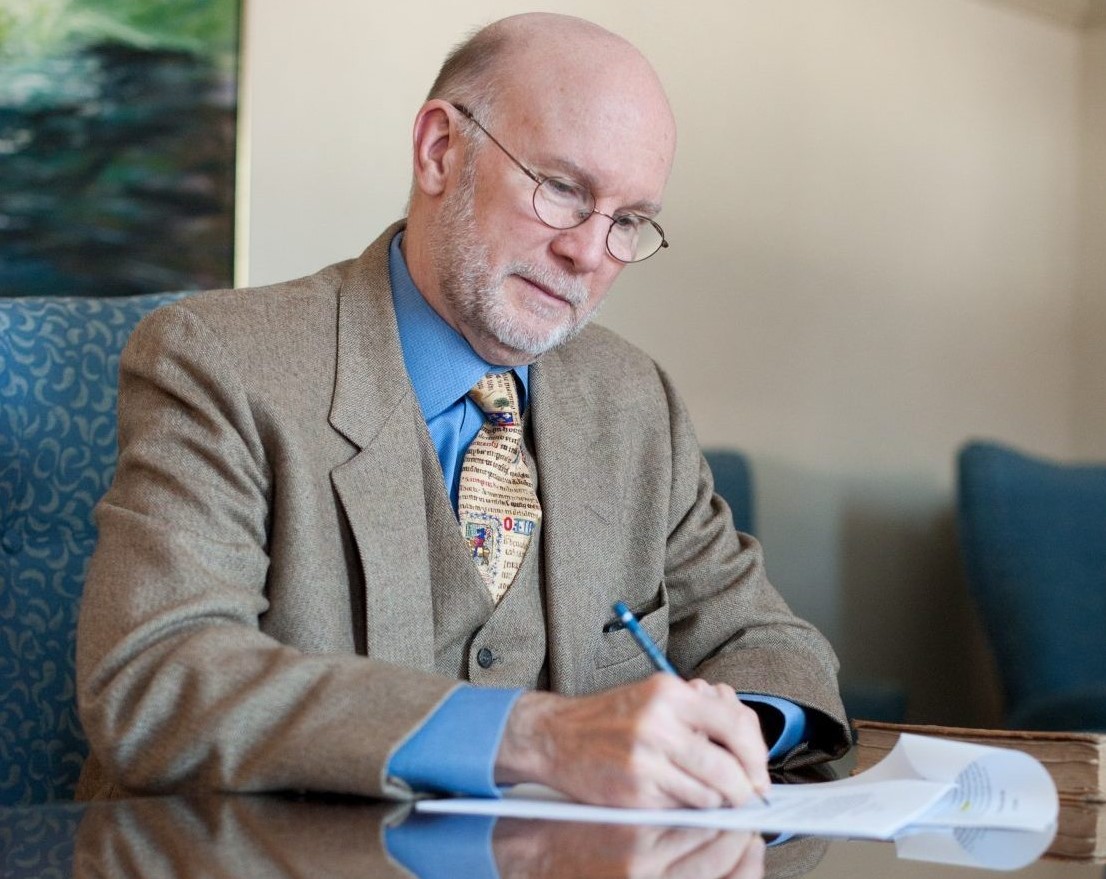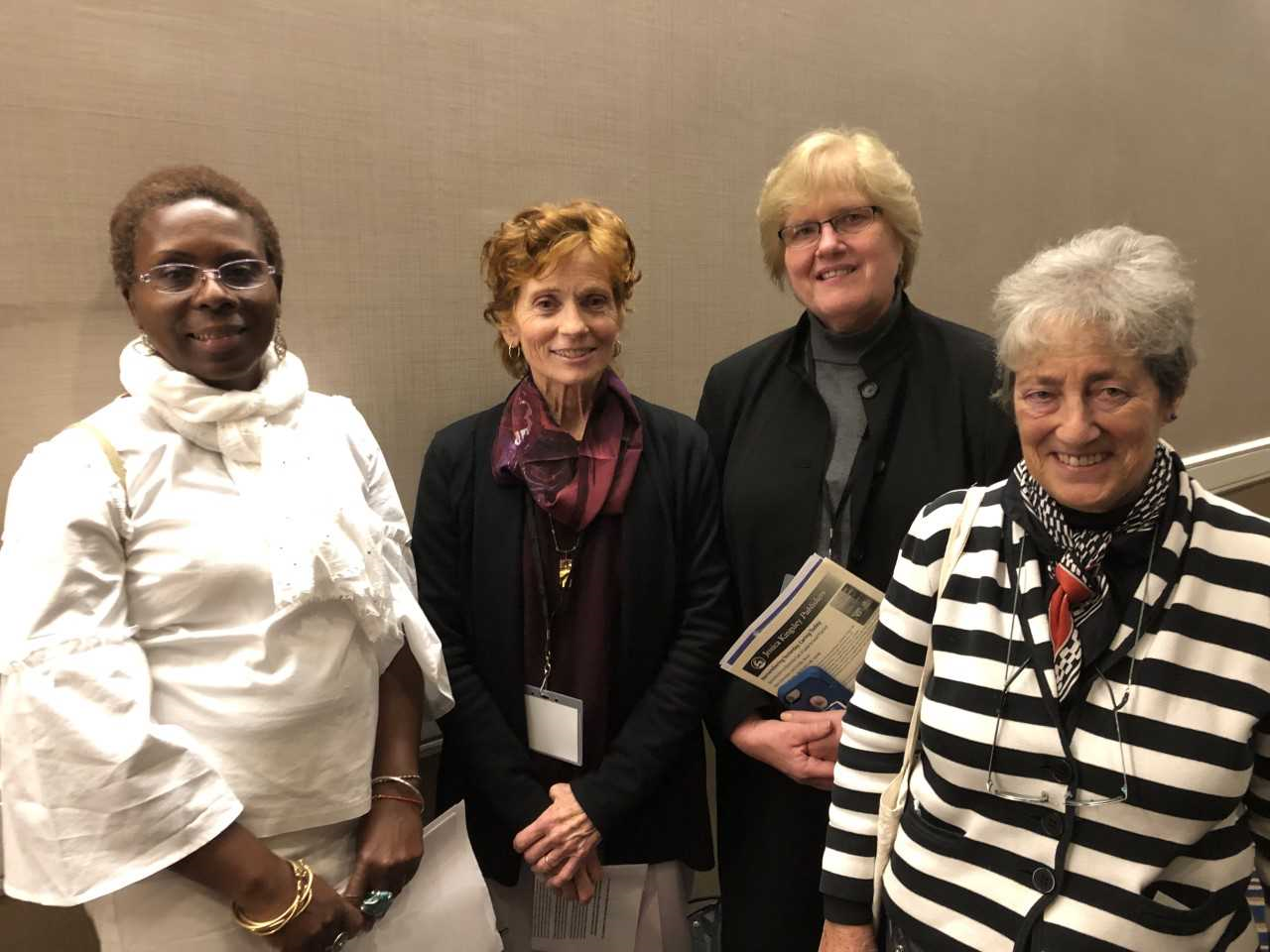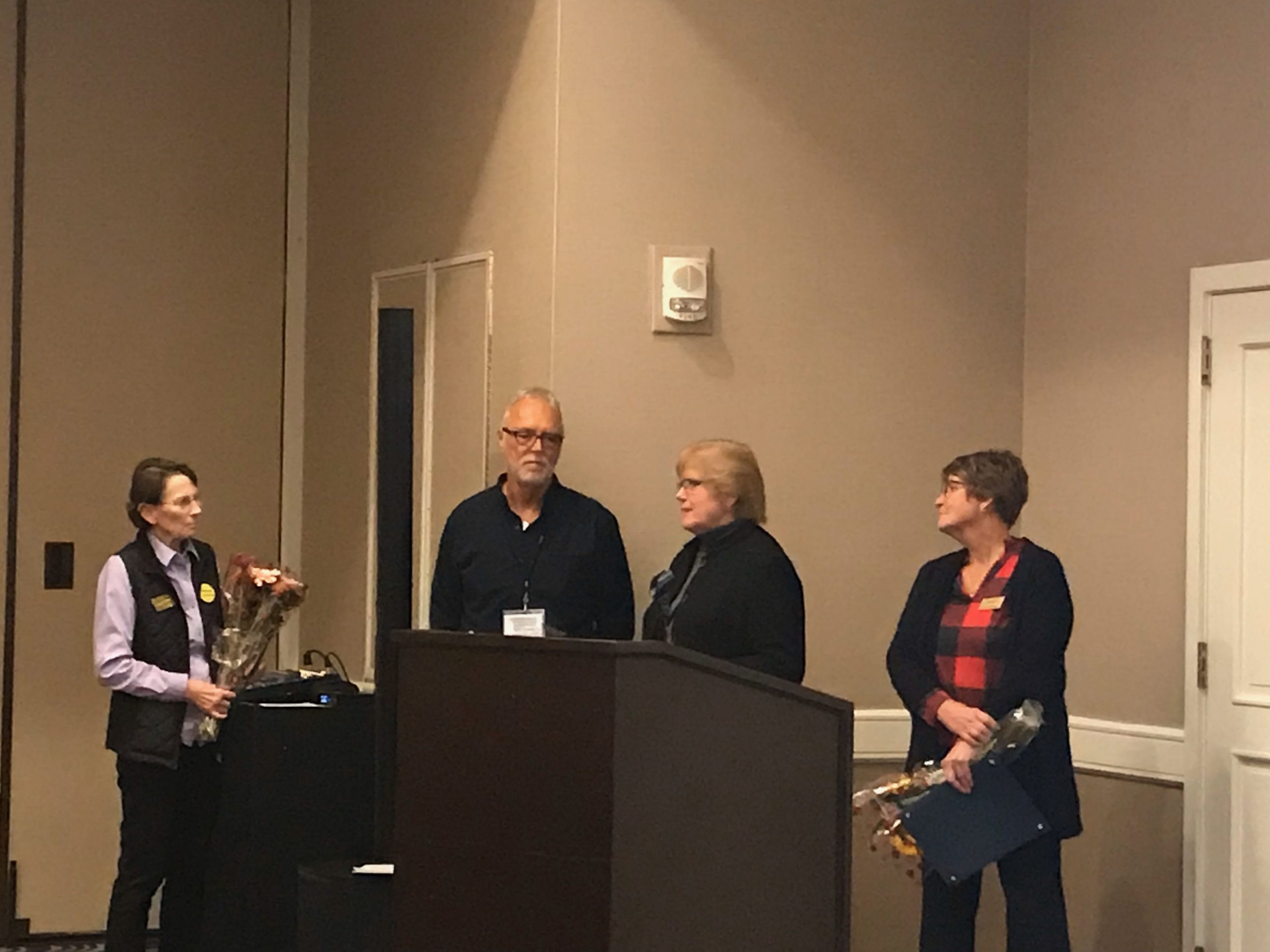A Letter From the Director
Welcome to the International Center for Life Story Innovations and Practice!
As the Director of the Center and on behalf of the University of Connecticut Elisabeth DeLuca School of Nursing and the Center’s Advisory Board, I’d like to welcome all of you to the website which provides you with important information and resources.
ICLIP is built on a foundation of the past work initiated by John Kunz from the University of Wisconsin – Superior (UWS) who was committed to the development and growth of reminiscence and life review. Thanks to his vision, we are now at a point of expansion both nationally and internationally. The transition from UWS to the UConn has offered us the opportunity to establish a center that brings together the best of the past and the promise of the future.
I hope you will take a moment to explore our website in order to appreciate the breadth and depth of Life Story specialties, as well as the very prestigious and accomplished Advisory Board members, the faculty, community partners, and our membership. We invite you to consider becoming a member of ICLIP. Visit the membership link for more information.
Sincerely, 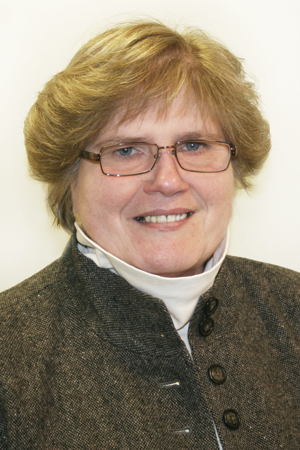
Juliette Shellman, PhD, RN
Associate Professor
Director of ICLIP
Our Mission
The International Center for Life Story Innovations and Practice (ICLIP) brings together researchers, educators, practitioners, students, historians, and artists from around the world to promote the health and well-being of individuals, families, and communities through written and oral narratives, personal histories, reminiscence, life review, autobiographical memory, and guided autobiographies. With the overarching goal of generating new knowledge in this emerging field, ICLIP provides a collaborative infrastructure to establish programs of research, implement educational programs, develop innovative applications in practice, and disseminate life story best practices.
Our Goals
1. Advance a platform to facilitate interdisciplinary life story research programs and methods.
2. Implement educational programs for faculty, researchers, students, and practitioners in the field.
3. Evolve curricular models that include life story content and practice.
4. Disseminate life story research findings, innovations, and best practices.
5. Create links with community agencies and points of care around the world to promote the use of life story approaches in the care of individuals, families, and communities.
6. Recognize outstanding contributions to the field.
